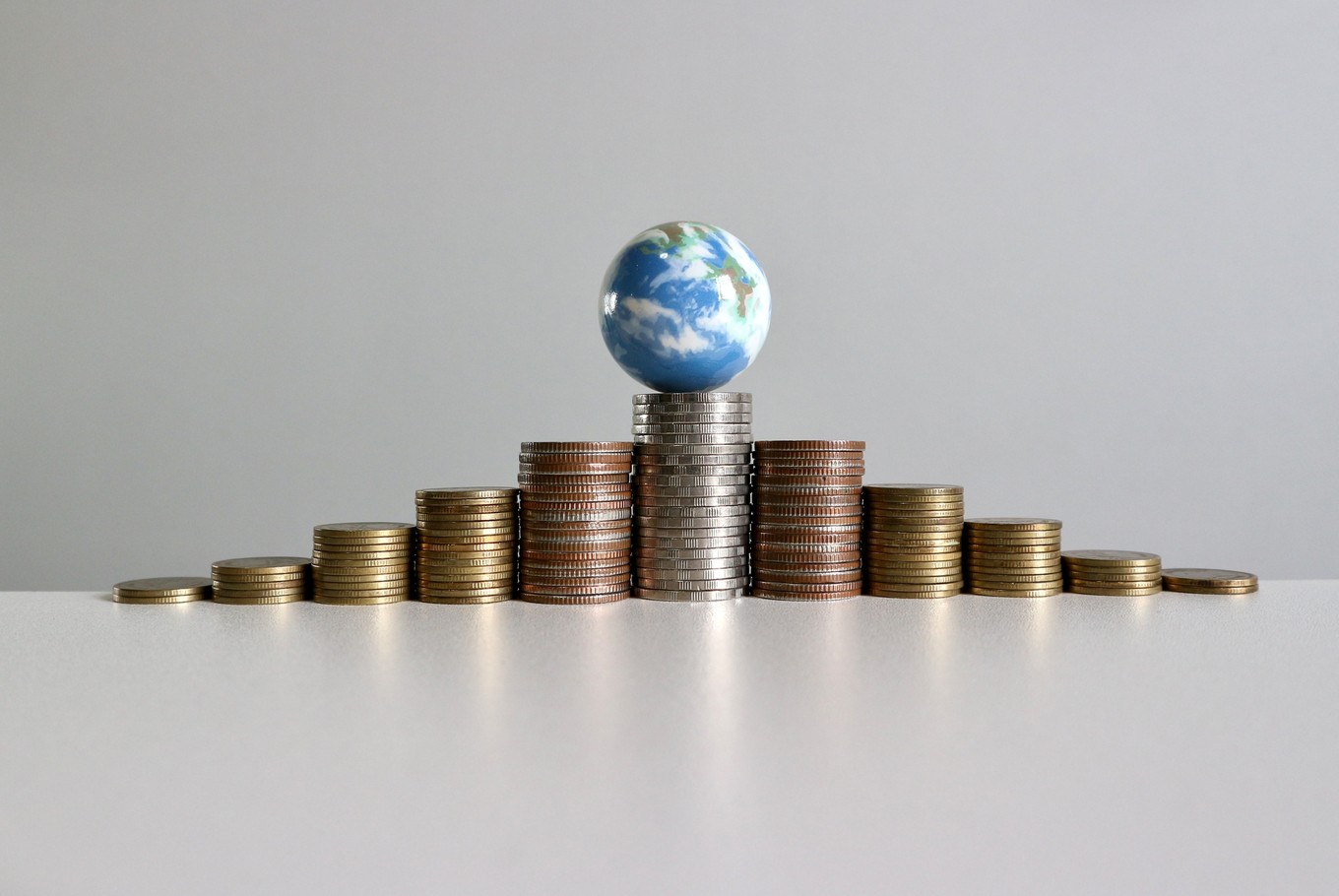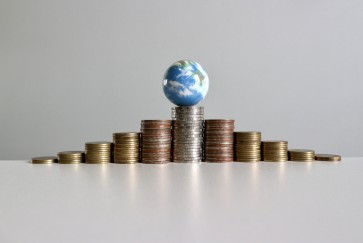Popular Reads
Top Results
Can't find what you're looking for?
View all search resultsPopular Reads
Top Results
Can't find what you're looking for?
View all search resultsFailure of Buenos Aires and WTO future
The gap between major and emerging economies, particularly in the Doha Development Agenda, has widened since the agendas were introduced in 2001.
Change text size
Gift Premium Articles
to Anyone
T
he 11th World Trade Organization (WTO) ministerial meeting in Buenos Aires ended on Dec. 13 in a stalemate. As predicted, it failed to conclude any major trade negotiations.
However, few expected that the members would have been able to agree on less controversial trade issues, such as e-commerce, but the meeting ended in deadlock even for such minor proposals.
Since the last ministerial meeting in Nairobi two years ago, negotiations in the WTO remained in limbo, unable to move forward due to unresolved disagreements among the major members. Several aspects contributed to the impasse.
First, this owes to the “single undertaking principle,” as the decision-making mechanism, which was adopted upon the WTO’s establishment. Under this principle, a unanimous decision from all WTO members is almost impossible to achieve.
This principle, which was initially introduced to ensure the consistency and predictability of a global trading system, has become the main hindrance of the organization’s own progress.
Second, the significant increase in the role of developing countries in shaping the negotiation process has also contributed to the changing power relations in the WTO.
The gap between major and emerging economies, particularly in the Doha Development Agenda, has widened since the agendas were introduced in 2001.


















